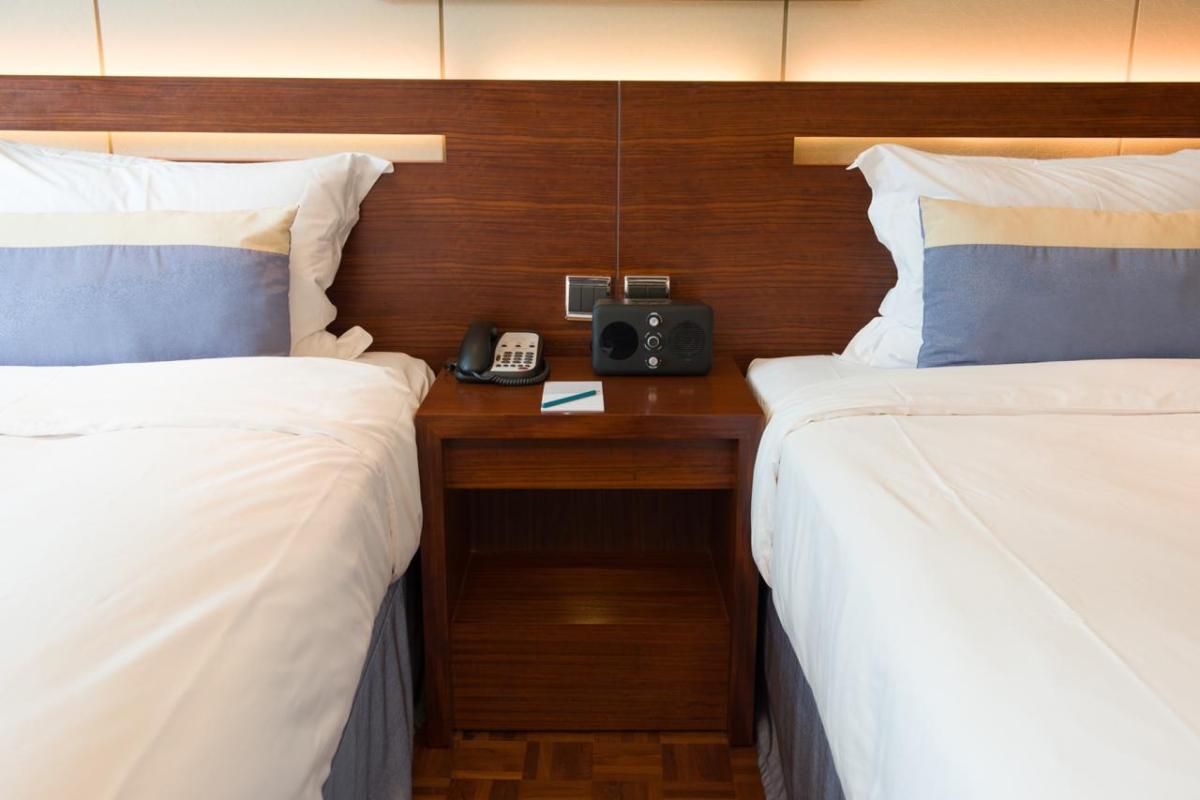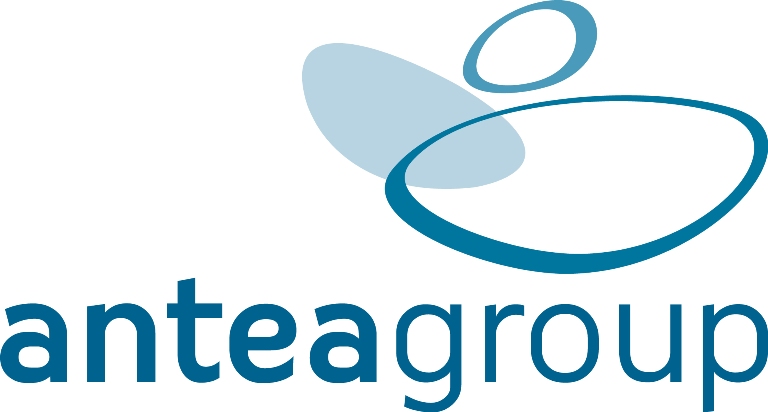Top 10 EHS Hazards for Hotels and Resorts and How to Address Them

The hospitality industry is built on comfort, experience, and trust. But, behind the scenes, a complex web of environmental, health, and safety (EHS) risks can threaten not only guest satisfaction but also operational continuity and brand reputation. Hotels and resorts operate across diverse geographies, often in climate and resource sensitive environments, and face increasing pressure from regulators, investors, and guests to uphold high standards of safety and sustainability.
Here are the top 10 EHS hazards facing hotels and resorts today, and how smart planning and proactive management can help address them.
1. Indoor Air Quality (IAQ) and Mold Risks
Indoor air quality (IAQ) in hotels and resorts is shaped by many factors, ventilation, chemical exposure, humidity, and building maintenance. Poor circulation, cleaning product fumes, and HVAC issues can degrade air quality, while hiding mold, often triggered by leaks, floods, or high humidity, can compound respiratory risks and lead to costly remediation.
Risks:
- Respiratory issues and allergic reactions
- Guest complaints and poor reviews
- Sick building syndrome and potential health department violations
- Room closures, structural damage, and legal liability
Solutions:
- Conduct regular IAQ assessments and HVAC system inspections
- Use green cleaning programs to reduce chemical exposure
- Establish moisture control protocols and rapid response plans for leaks or flooding
- Implement mold prevention and remediation strategies—especially after construction, renovations, or storm events
- Partner with certified professionals for mold sampling, cleanup, and post-remediation verification
- Monitor air quality and humidity levels as part of a comprehensive IAQ program
Maintaining healthy indoor air isn’t just a comfort issue—it’s essential for protecting guests, staff, and your brand reputation.
2. Legionella and Waterborne Pathogens
Large water systems (cooling towers, spas, fountains) can harbor bacteria like Legionella if not properly maintained.
Risk:
- Illness outbreaks (e.g., Legionnaires’ disease), legal exposure, reputational damage
Solution:
- Implement a comprehensive water management plan and monitor water quality consistently
3. Chemical Exposure and Storage
Hotels rely on a wide range of chemicals, from pool maintenance to housekeeping supplies and pest control.
Risk:
- Worker exposure, spills, fire hazards, EPA/OSHA (and equivalent global regulatory entities) non-compliance
Solution:
- Chemical inventory and labeling, proper storage (e.g., secondary containment), and training on handling procedures, chemical evaluation and selection protocols geared towards continuous improvement, standard operating procedures taking into account hotel/resort foot traffic and operations
4. Waste Management and Improper Disposal
Mismanagement of solid waste, food waste, hazardous materials (e.g., batteries, electronics) can lead to environmental fines and inefficiencies.
Risk:
- Regulatory penalties, odor and pest issues, loss of sustainability certifications
Solution:
- Waste audits, recycling and composting programs, waste stream compliance reviews
5. Ergonomic Strain for Staff
Housekeepers, kitchen workers, and maintenance staff are at high risk for repetitive stress injuries and musculoskeletal disorders (MSDs).
Risk:
- Lost workdays, reduced productivity, long-term disability claims
Solution:
- Ergonomic assessments, task and equipment redesign, training on body mechanics, and wellness programs
6. Climate-Related Risks and Natural Disasters
Many resorts are located in areas prone to hurricanes, floods, wildfires, or droughts—climate change is amplifying these risks.
Risk:
- Property damage, business interruption, unsafe conditions for staff and guests
Solution:
- Climate risk assessments, scenario planning, business continuity, emergency response plans, staff drills and table top exercises
7. PFAS and Emerging Contaminants
Per- and polyfluoroalkyl substances (PFAS) may be present in furnishings, uniforms, fire suppression foam, and water systems.
Risk:
- Long-term liability, regulatory scrutiny, reputational harm
Solution:
- Site assessments, testing, PFAS source mapping, and mitigation planning
8. Contractor and Vendor Safety Management
Third-party vendors, from landscaping to construction, may introduce EHS risks if not properly vetted or trained.
Risk:
- Incidents, non-compliance, supply chain disruptions
Solution:
- Prequalification protocols, safety training, site supervision, and contractor EHS programs
9. Workplace Violence and Guest Aggression
Hotels operate 24/7 and often have staff working alone or at night. Unfortunately, incidents of workplace violence, whether from guests, contractors, or even other employees, are a growing concern in the hospitality sector.
Risk:
- Physical injury, psychological trauma, litigation, staff turnover
Solution:
- Develop and implement a Workplace Violence Prevention Plan (e.g., in line with CA SB 553 if operating in California, or as a best practice in other areas), conduct staff training on de-escalation, install security systems (e.g., panic buttons, surveillance), and ensure staffing protocols for high-risk times
10. Event Safety and Crowd Management
Hotels and resorts frequently host weddings, conferences, concerts, and other large gatherings. These events bring temporary surges in people, equipment, and risks.
Risk:
- Injuries due to crowding, trip/fall hazards, inadequate egress, fire code violations, medical emergencies
Solution:
- Site-specific event safety plans, crowd control measures, capacity monitoring, trained security presence, temporary equipment safety checks, and emergency medical access planning
A Proactive Approach to EHS Pays Off
Leading hotel brands are not just reacting to these risks, they’re embedding EHS into their business strategy. Whether you're operating a city hotel or a beachfront resort, prioritizing health, safety, and environmental performance can lead to:
- Lower insurance and legal costs
- Better guest experiences and brand trust
- Greater operational resilience
- Progress toward ESG and sustainability goals
How Antea Group Can Help
With decades of experience supporting hospitality leaders, Antea Group offers a full range of services tailored to hotels and resorts, including:
- Environmental compliance and permitting
- Health and safety audits and training
- Legionella and water risk management
- Waste reduction and circular economy strategy
- PFAS investigation and mitigation
- Climate risk assessments and resiliency planning
- ESG strategy, reporting, and certifications
Whether you're starting with a baseline assessment or looking to scale a global sustainability program, our team delivers practical, scalable solutions that make a measurable impact.
Interested in making your hotel or resort safer and more sustainable? Contact us today to learn more!

